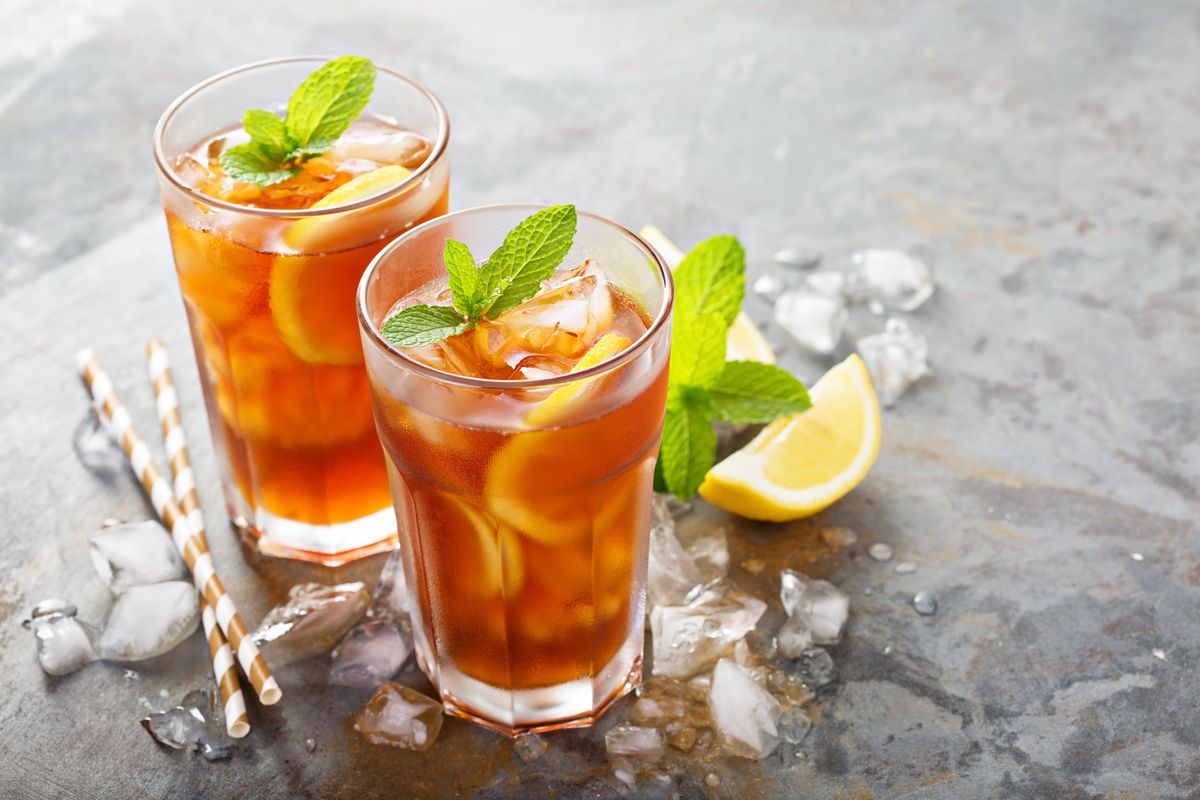Tea consumption stands as a commendable choice for enhancing your well-being. With its potential to accelerate metabolism and combat aging, green tea holds a reputation for its advantageous effects. Likewise, black tea exhibits promise in diminishing the odds of chronic ailments, while specific herbal variants could contribute to lowering cancer risks. While tea remains a remarkably healthful beverage, it can swiftly lose its virtue when inundated with excessive sugar—an issue frequently observed in commercially available bottled iced teas.
Numerous iced tea brands tout the health merits of their products, often highlighting the infusion of antioxidants and vitamins inherent in their brews. Regrettably, a considerable number of these options conceal an excessive surplus of added sugar. Astonishingly, select variations of iced tea surpass the sugar content of a standard 12-ounce can of Coke, which boasts 39 grams of sugar. The subsequent compilation of ready-made iced teas surpass this threshold, exceeding the 39-gram mark found in a typical Coke can or bottle. While they remain reasonable choices in moderation, if your intention involves regular tea consumption, it might be wise to circumvent these selections and gravitate towards alternatives with minimal to zero supplemental sugar. Continue reading to identify these sugary offenders.
1) Snapple Peach Tea:
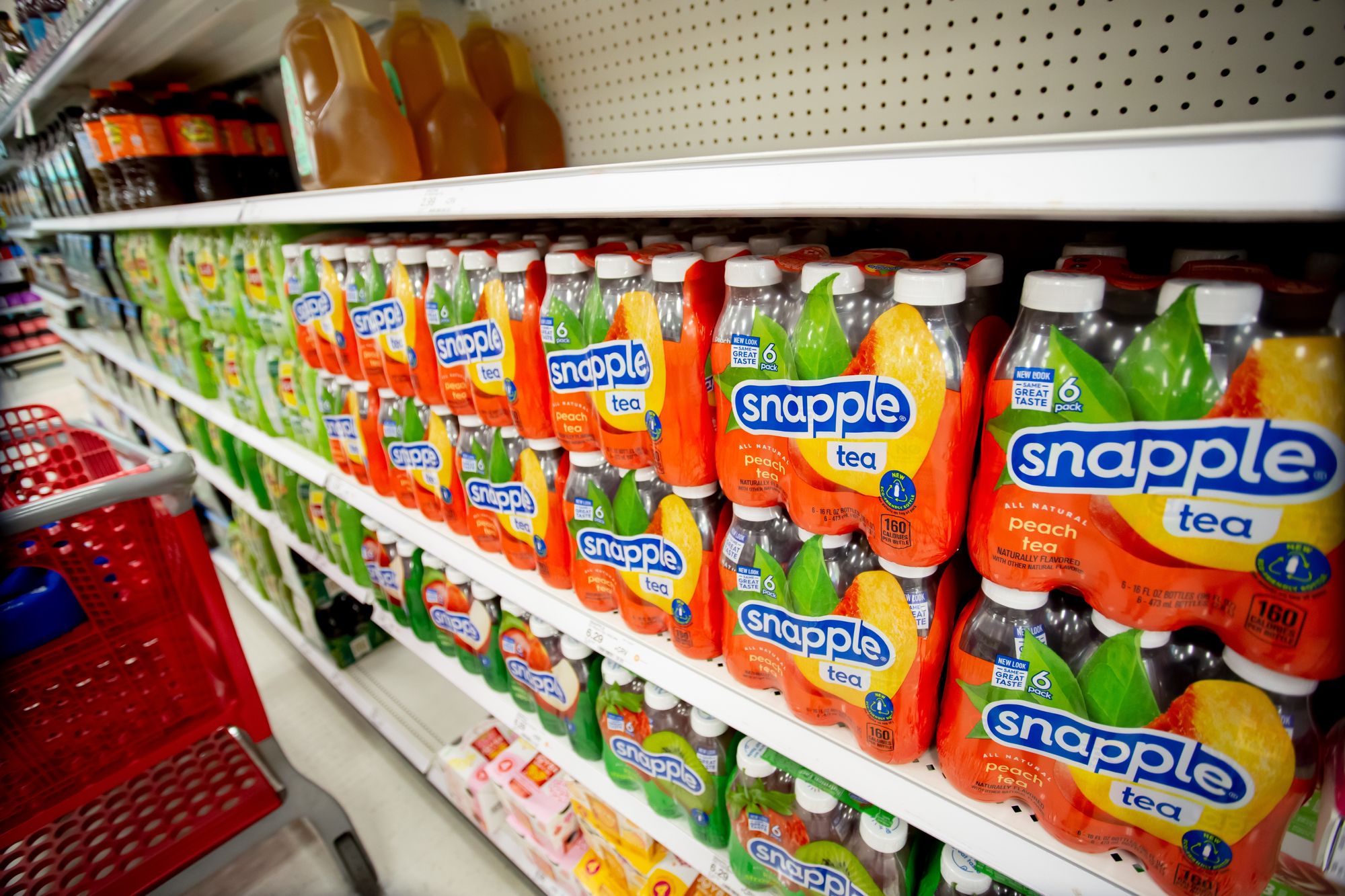
Snapple, a well-known name in the bottled iced tea scene, often presents itself as a healthier soda alternative. Yet, beneath the surface, certain flavors like Peach Tea and Lemon Tea harbor an unexpectedly high sugar content. A mere 16-ounce bottle of Snapple Peach Tea contains a staggering 40 grams of added sugar. This is particularly concerning, as the sugar is entirely supplemental, with no contribution from natural sources. Mary Sabat MS, RDN, LD, emphasizes the importance of being mindful of such seemingly healthy options.
2) Snapple Honey Sweet Tea:
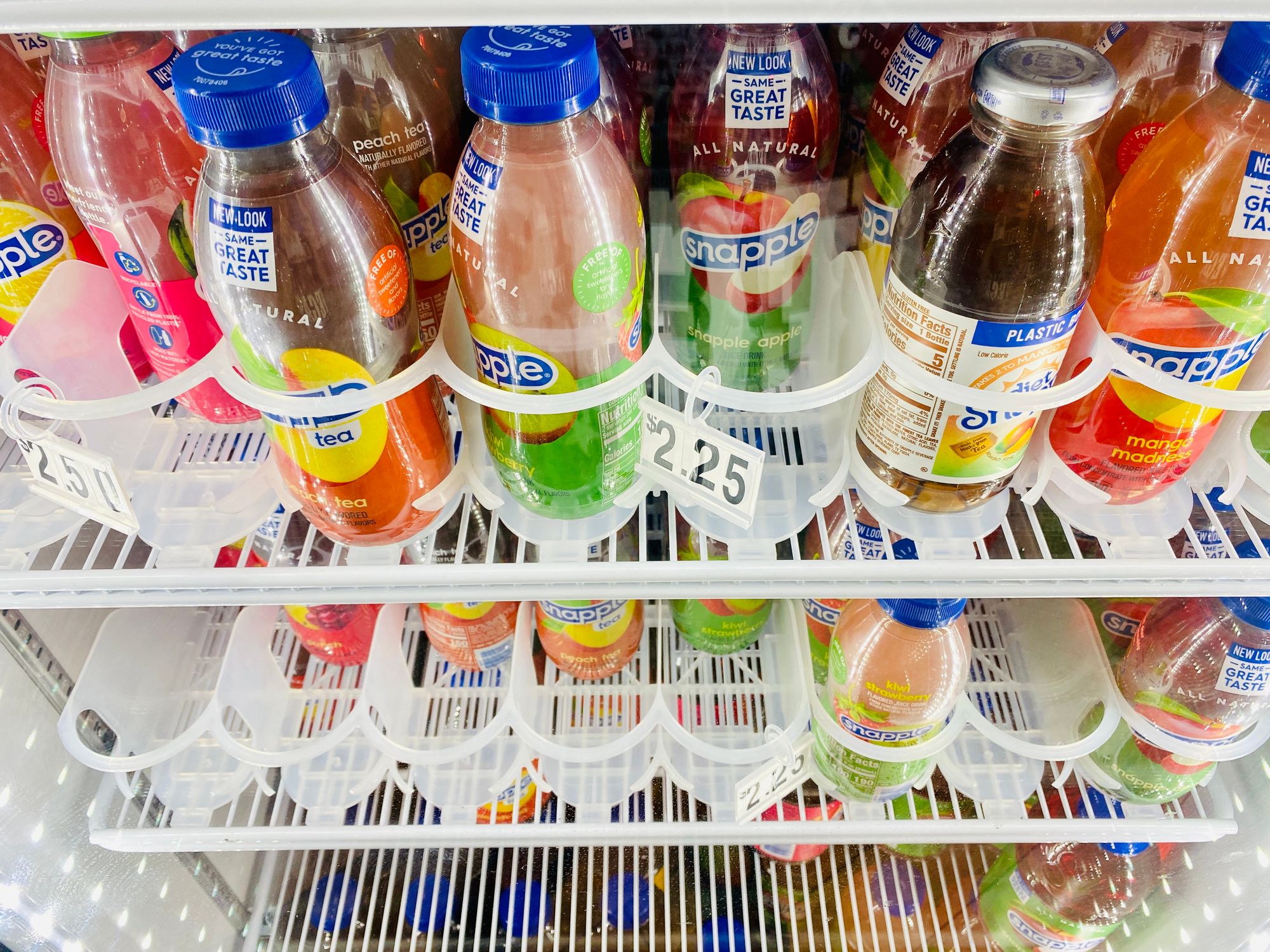
Another misleading contender is Snapple's Honey Sweet Tea. Despite the commendable aspects of honey—rich in antioxidants, blood sugar regulation benefits, and potential heart health support—this particular tea disappoints. While honey appears as the third ingredient, sugar claims the lead, resulting in the same 40 grams of added sugar per 16-ounce bottle. The small presence of honey doesn't redeem its "healthy" label.
3) AriZona RX Energy Herbal Tonic:
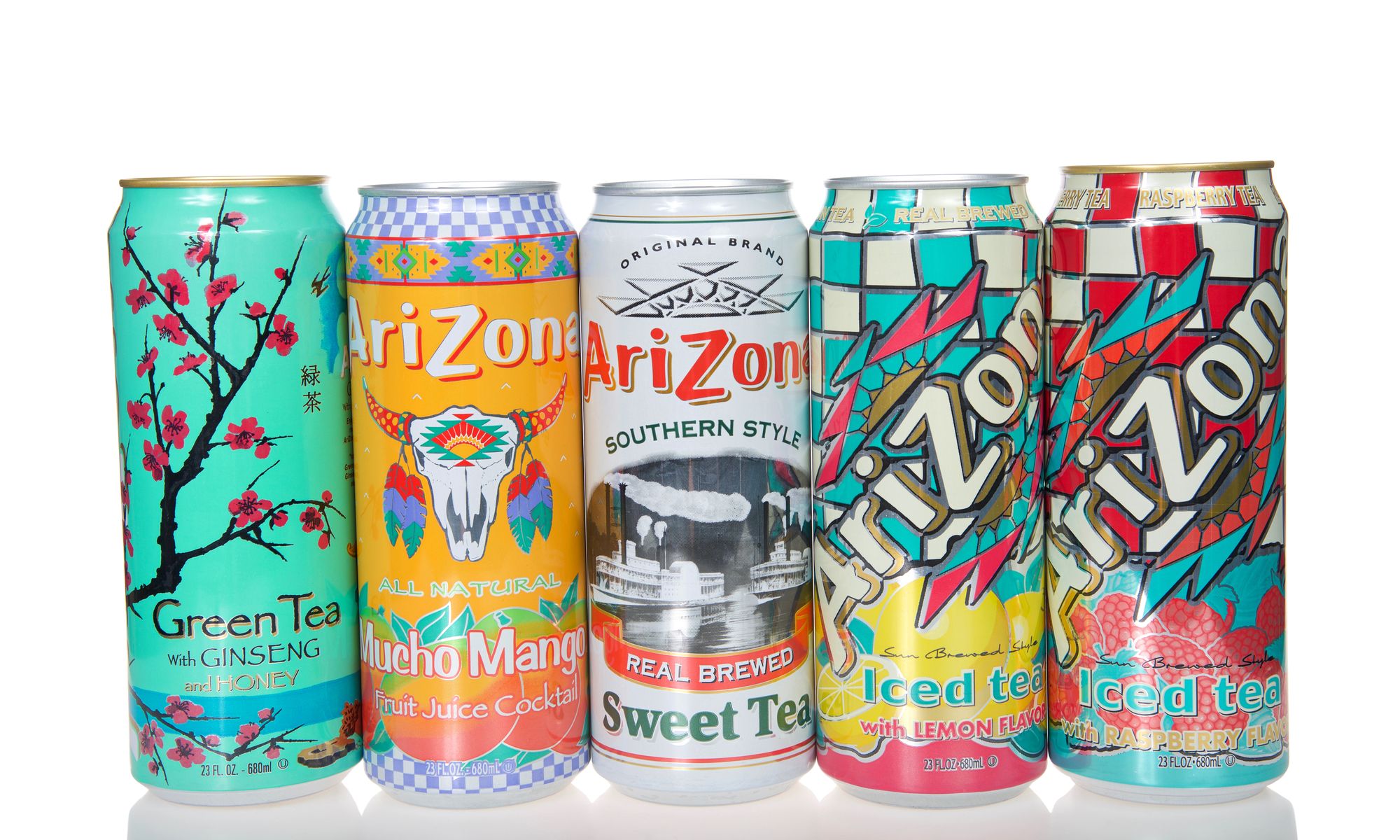
AriZona's fame in the bottled iced tea market is anchored in its diverse range, featuring green teas, sweet teas, and the popular Arnold Palmer. However, many products labeled as "healthy" reveal their true nature when examined closely, often characterized by excessive added sugar and limited health benefits. The RX Energy Herbal Tonic is emblematic of this paradox. Despite promises of vitamins and herbs, it houses more sugar than a standard Coke. Sabat cautions against being swayed solely by marketing claims.
4) AriZona Blueberry White Tea:
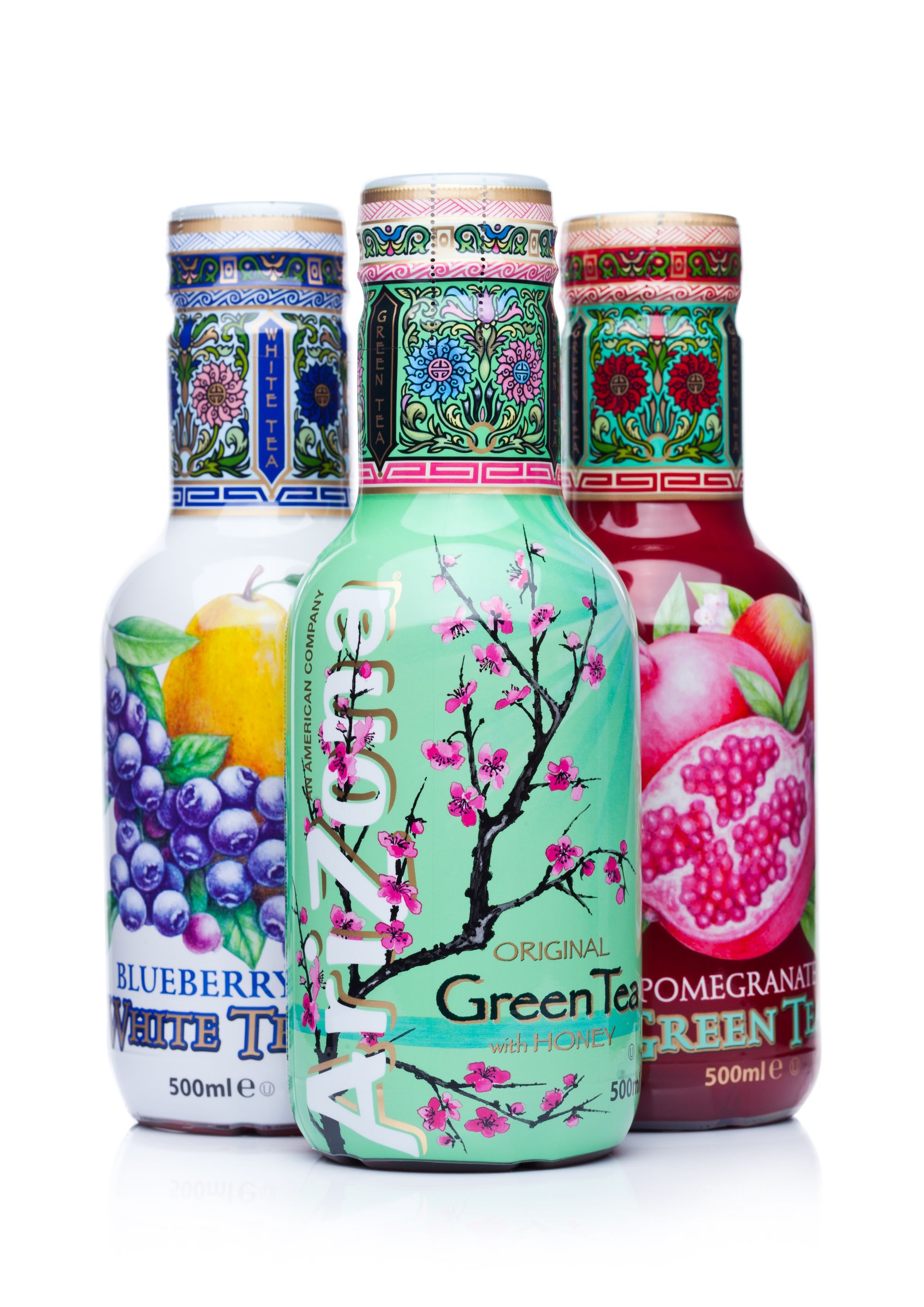
AriZona's Blueberry White Tea claims to harness the antioxidant power of blueberries, pears, and a touch of honey. Yet, scrutiny of its ingredient list unveils high-fructose corn syrup as the second component, with blueberry and pear flavors derived from concentrate. This composition contradicts the product's healthful facade. Even though it flaunts vitamins and antioxidants, this Blueberry White Tea still surpasses the sugar content of a Coke.
5) AriZona Red Apple Green Tea:
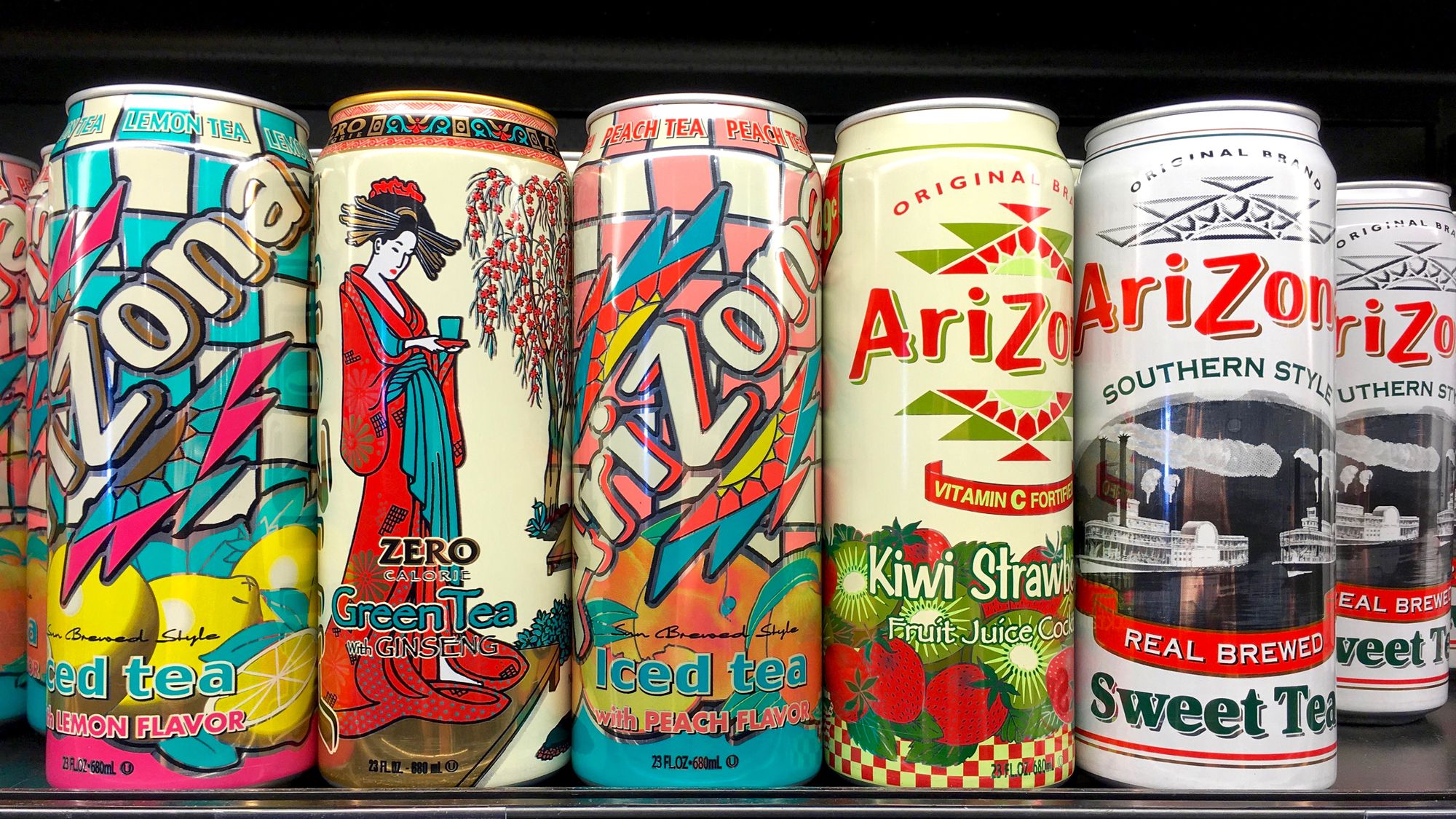
Acknowledged for its cognitive enhancement, blood sugar regulation capabilities, and abundant antioxidants, green tea earns its place among the healthiest beverages. However, AriZona's Red Apple Green Tea skews this narrative. While the primary ingredient is green tea, it's closely followed by high-fructose corn syrup, contributing to a substantial 50 grams of sugar per 23-ounce can. Despite the container technically holding two servings, the ease of consuming it all at once raises concern.
6) Gold Peak California Raspberry Tea:
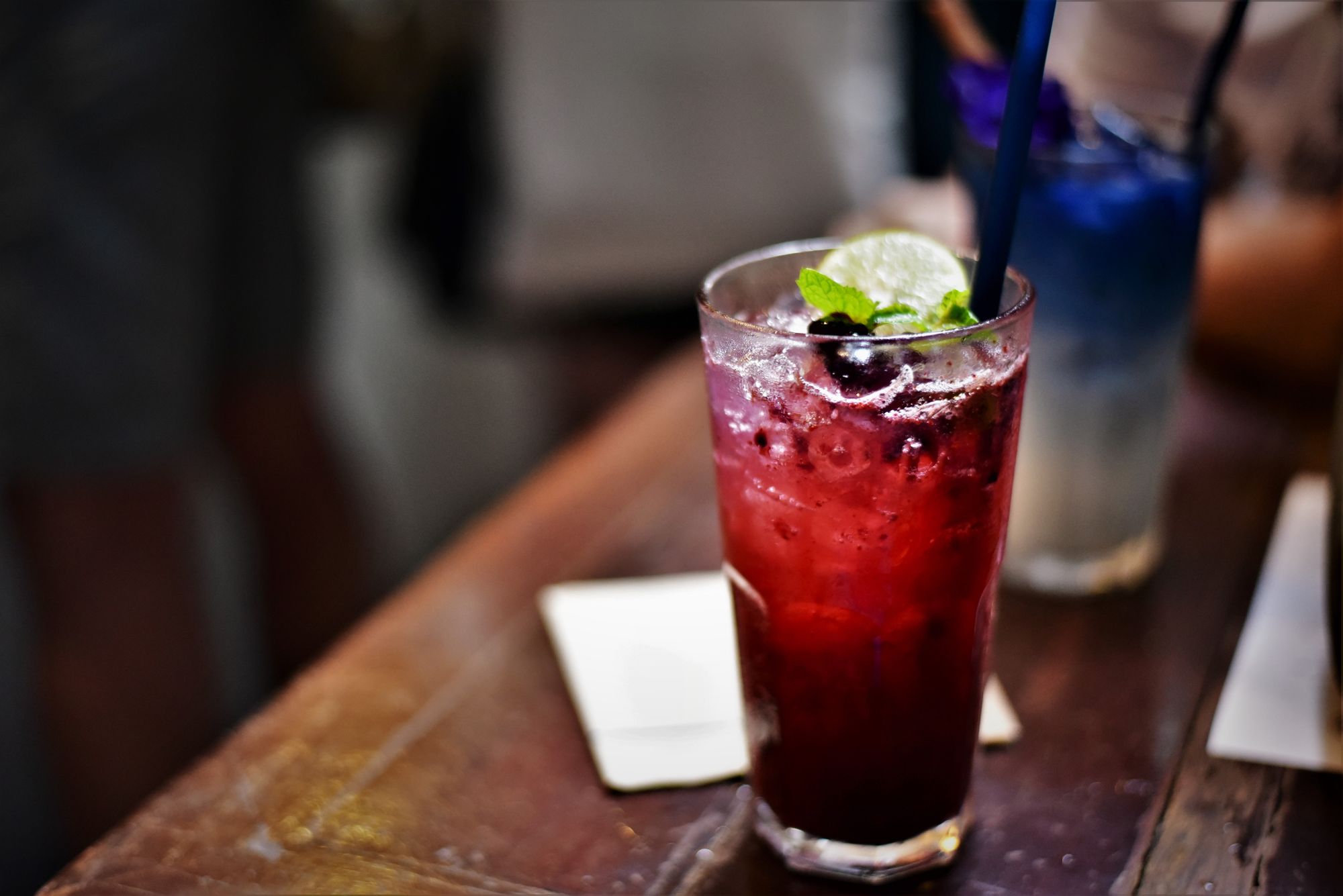
Gold Peak's emphasis on "real brewed tea" doesn't negate the considerable added sugar content present in its bottles. The Raspberry Tea, housed in an 18.5-ounce container, boasts nearly 50 grams of added sugar, significantly more than what's found in a standard can of Coke. Meaghan Greenwood, RD, emphasizes the need to scrutinize labels, particularly for sweetened options within brands that offer both sweetened and unsweetened variants.
7) Pure Leaf Raspberry Sweet Tea:
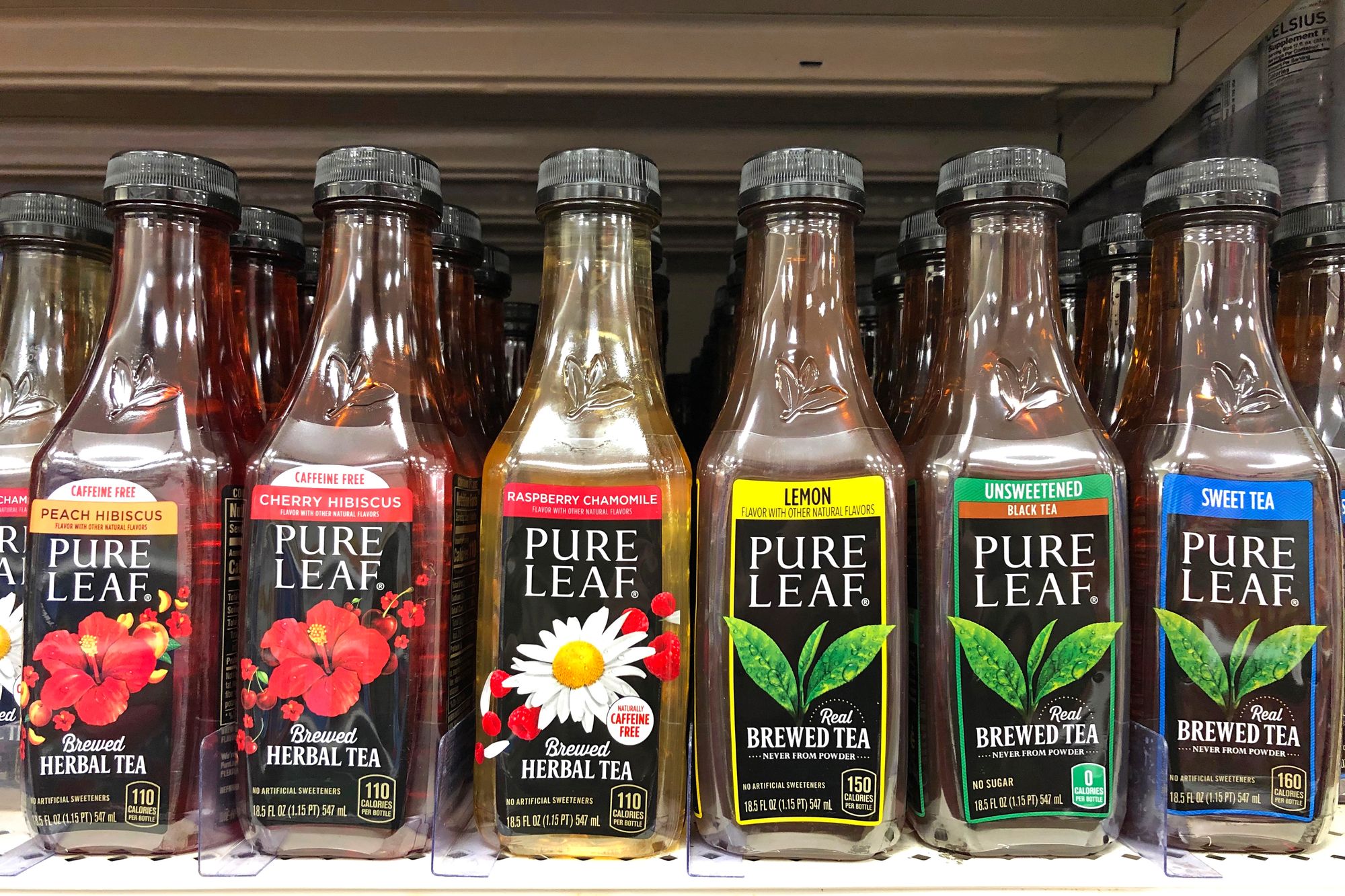
Closing the list with a final note of caution, Mary Sabat singles out Pure Leaf Raspberry Sweet Tea. While Pure Leaf's expansive array includes unsweetened and lightly sweetened choices, their sweetened variations, like the Raspberry Sweet Tea, harbor sugar levels exceeding those found in a Coke. Despite the brand's popularity and wide range, careful attention to sugar content remains paramount for those seeking healthier beverage alternatives.
In a world teeming with choices, consumers are urged to stay informed and discerning, peering beyond enticing labels to uncover the concealed sugars lurking within bottled iced teas.

